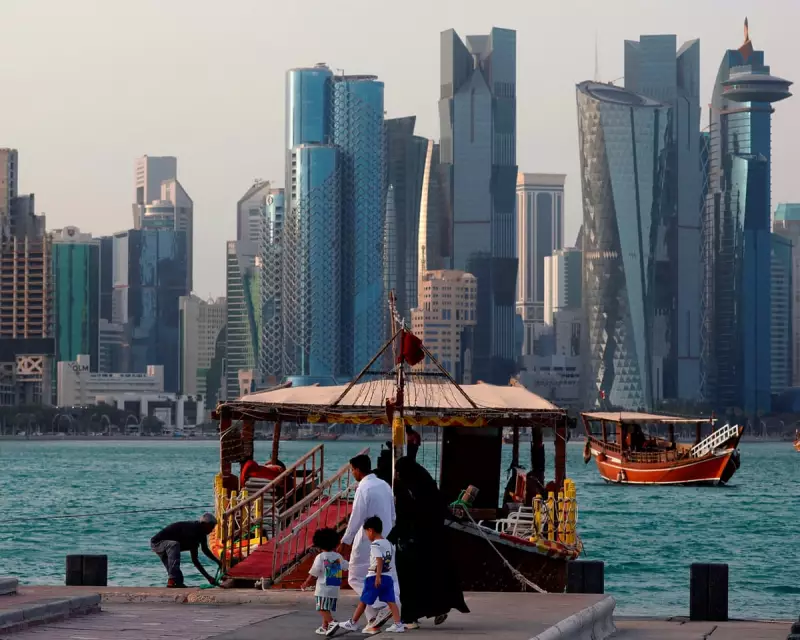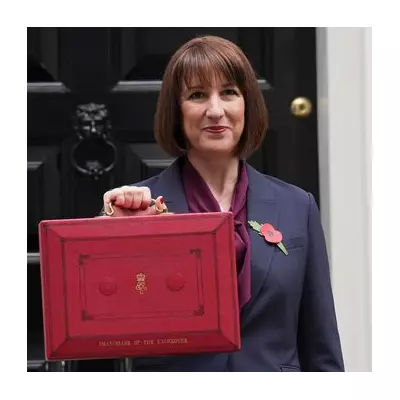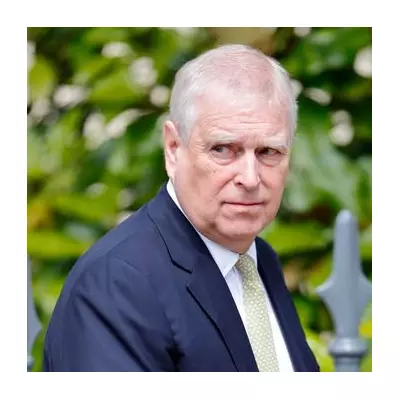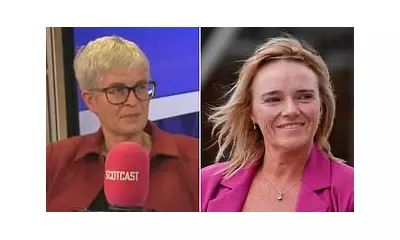
In the complex chessboard of Middle Eastern politics, Qatar has emerged as the indispensable player ensuring the fragile Gaza ceasefire holds against overwhelming odds. While international attention focuses on the immediate conflict, Doha's behind-the-scenes diplomacy represents one of the most significant geopolitical developments in recent years.
The Financial Lifeline Keeping Peace Alive
Qatar's commitment extends far beyond diplomatic rhetoric. The Gulf state has pledged approximately $450 million in aid for Gaza's civilian population over the coming two years. This substantial financial backing serves as both humanitarian relief and strategic investment in stability.
According to senior officials familiar with the negotiations, these funds will be distributed through trusted international organisations and UN agencies, creating a vital economic foundation that makes maintaining the ceasefire more attractive than returning to conflict.
A Unique Position in Regional Diplomacy
What makes Qatar's role particularly effective is its unprecedented diplomatic positioning. Unlike many Western nations, Doha maintains open channels with all major players in the conflict, including Hamas leadership. This access has proven crucial during tense moments when the agreement threatened to unravel.
"Qatar operates in spaces where other mediators cannot," explains a European diplomat involved in the talks. "Their ability to speak directly to decision-makers on all sides provides a communication lifeline that simply wouldn't otherwise exist."
The Delicate Balancing Act
The ceasefire framework itself represents a masterpiece of diplomatic compromise. Key elements include:
- Phased prisoner exchanges between Israeli and Palestinian detainees
- Guaranteed humanitarian corridors for aid delivery
- Third-party monitoring of compliance from neutral nations
- Economic incentives for maintaining peaceful conditions
Qatari mediators have skillfully navigated the competing demands of Israel's security concerns and Palestinian humanitarian needs, creating a package that offers something to all parties while prioritising civilian protection.
Why Other Mediators Have Stepped Back
The United States and Egypt, traditional power brokers in the region, have increasingly deferred to Qatar's lead in this process. Their recognition of Doha's superior access and influence represents a significant shift in Middle Eastern diplomacy.
This changing dynamic reflects Qatar's decades-long investment in building relationships across political divides, even when such engagements proved controversial with Western allies. That persistence now pays diplomatic dividends that benefit the entire international community.
The Stakes for Regional Stability
Beyond the immediate humanitarian crisis, the success or failure of this ceasefire carries profound implications for Middle Eastern stability. A sustainable agreement could establish new patterns of conflict resolution, while collapse might embolden hardliners across the region.
As one Qatari official noted privately: "We're not just patching over problems—we're trying to build a new template for how this region manages its conflicts. The world is watching."
The coming months will test whether Qatar's unique blend of financial commitment and diplomatic agility can achieve what so many others have failed to deliver: lasting peace in one of the world's most intractable conflicts.





